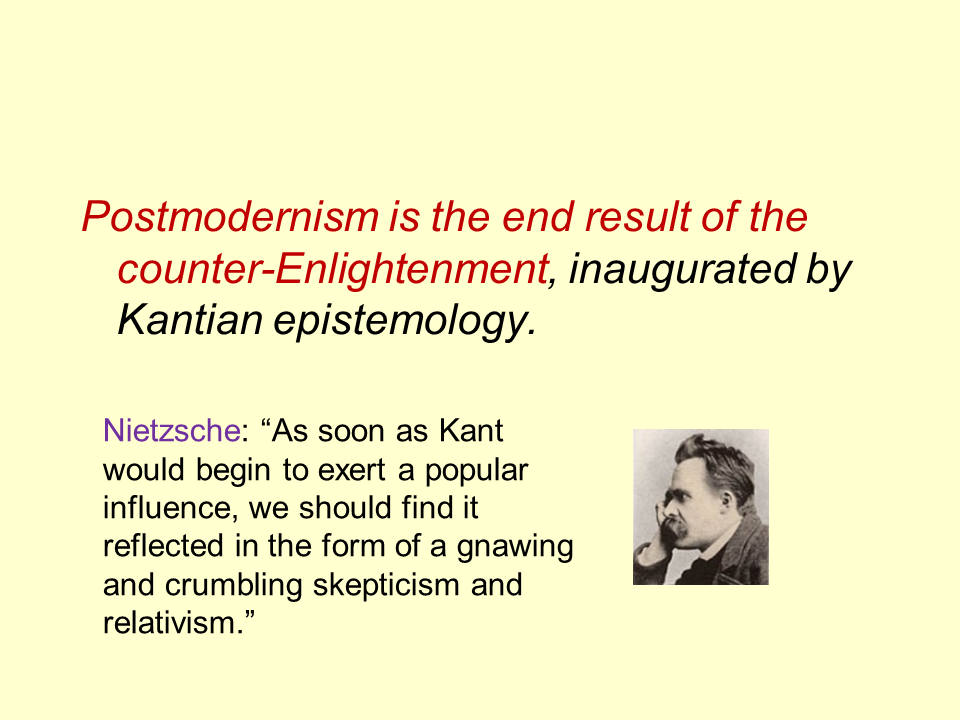
In this invited lecture, Dr. Hicks surveys key educational ideas from pre-modern times, the modern era, and our post-modern times. Ancient education often stressed discipline, obedience and rule following, while modern thinkers such as Galileo, Locke, and Montaigne stressed independent judgment and the power of reason. He then examines a series postmodern (and fellow-traveler) thinkers Richard Rorty, Andrea Dworkin, Jacques Derrida, Henry Giroux, and Chandra Mohanty, among others — who variously claim reason is weak, impotent, a tool of white and/or male and/or Eurocentric domination — and that the classroom is an activist site of political power struggles. He concludes with a look at the empirical data vindicating reason in light of our advances in political freedom, scientific knowledge, and economic prosperity in the last 200 years.
For related videos on philosophy and education, please visit our YouTube channel: CEE Video Channel.
Pretty selective and perjorative take on the Galileo controversy. It was the scientists of the day who were.. like everyone else ,Ptolemaic. Cardinal Bellarmine even told Galileo that they would happily review that common view with evidence. Galileo failed. No visible solar parallax.
The church introduced Greek philosophical genius into western culture and founded her universities. I’m getting really tired of the constant Galileo bleet while I do recognize english speaking cultures are mostly protestant and to that extent anti catholic. She’s been the educational juggernaut of the planet and founder of science, not its enemy. https://www.amazon.com/Catholic-Church-Built-Western-Civilization/dp/1596983280
You should never get tired of the Galileo “bleet.” Anyone who threatens torture over a scientific theory is a monster. Do note that the Church eventually realized its terrible error and apologized — in 1992. Still the case is an absolutely important historical monument.